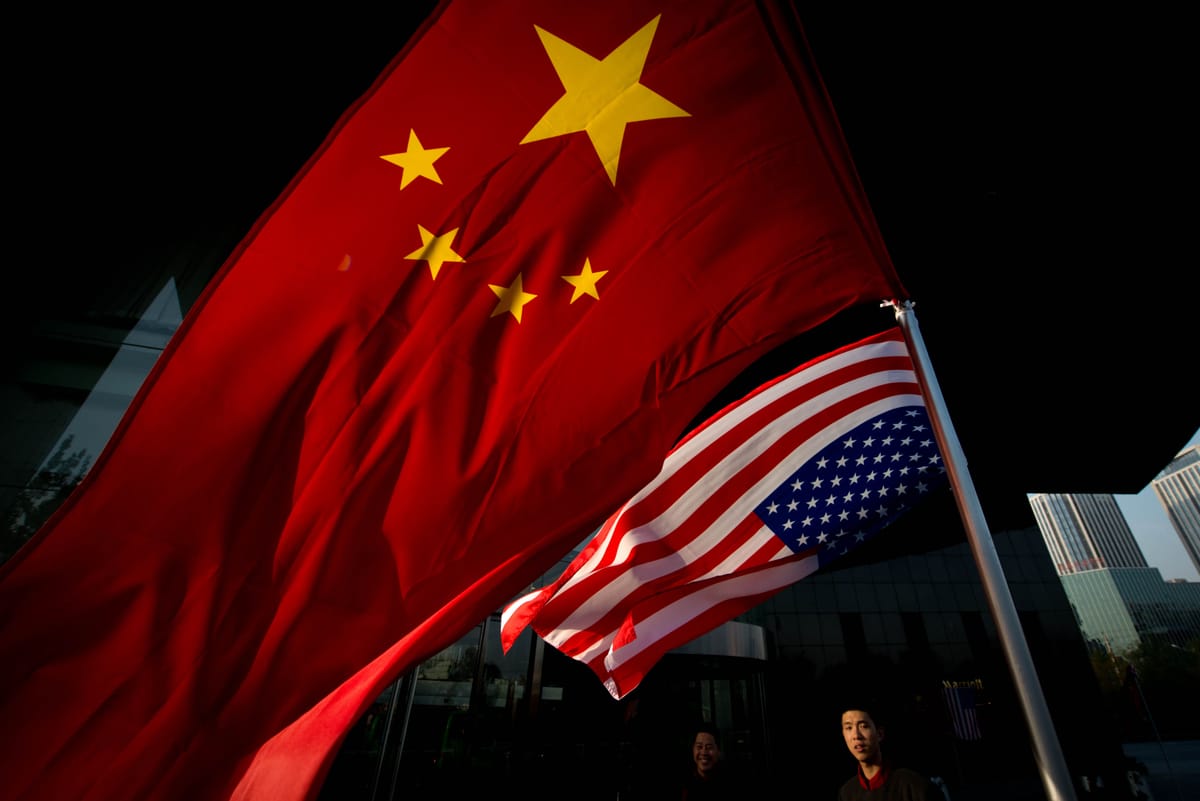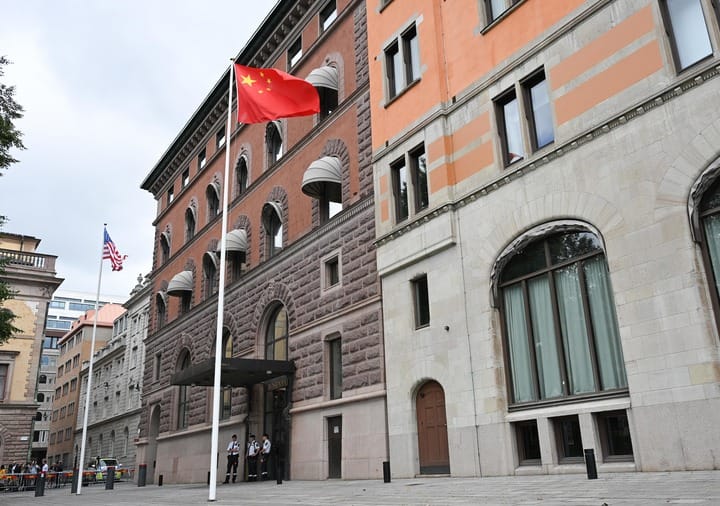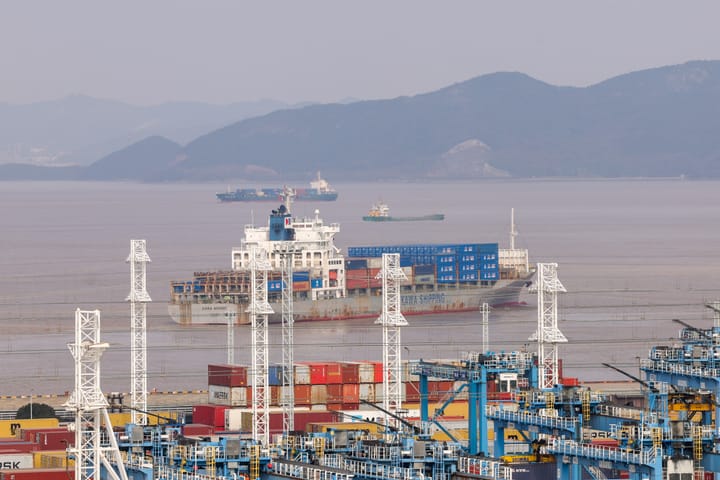Reading Between the Lines of the China-U.S. London Talks

The Chinese and U.S. teams held "professional, rational, in-depth, and candid" discussions on the economy and trade.
By Ryan Yeh
Li Chenggang, China international trade representative with the Ministry of Commerce and vice minister of commerce, made the remarks when briefing the press following the first meeting of the China-U.S. economic and trade consultation mechanism in London. The following is the original transcript of the interview:
Li Chenggang: First of all, I would like to thank all the media friends from both China and abroad for your attention to the China-U.S. talks held here in London. I would also like to express our appreciation to the UK government for its support and the facilitation it provided for this meeting. While you were working hard outside, waiting for updates, the teams from both China and the U.S. were also working diligently inside the building. Over the past two days, the two sides have engaged in in-depth and constructive discussions. The Chinese and U.S. teams held “professional, rational, in-depth, and candid” discussions on the economy and trade. Both sides agreed in principle to a framework on how to implement the consensus reached by the previous round of talks in Geneva last month and a phone call between the two countries’ leaders last week. Both sides will report to their respective leaders on the discussions held and the implementation framework reached in principle. It is hoped that progress made at the London meeting will be conducive to strengthening trust between China and the U.S., and to further promoting the steady and healthy development of economic and trade ties between the two countries. The meeting also adds positive energy to global economic growth.
The latest round of China-U.S. trade talks in London has concluded, not with a grand announcement, but with a quiet and carefully worded statement from the lead Chinese negotiator, Vice Minister of Commerce Li Chenggang. In the absence of a joint communiqué, his brief remarks have become the primary text for observers worldwide attempting to gauge the true state of the world’s most critical bilateral relationship. While seemingly composed of standard diplomatic language, his statement is dense with meaning, offering a nuanced glimpse into the complex dynamics that unfolded behind closed doors. By moving beyond the surface, we can decode these signals to form a clearer picture of what was truly achieved.


